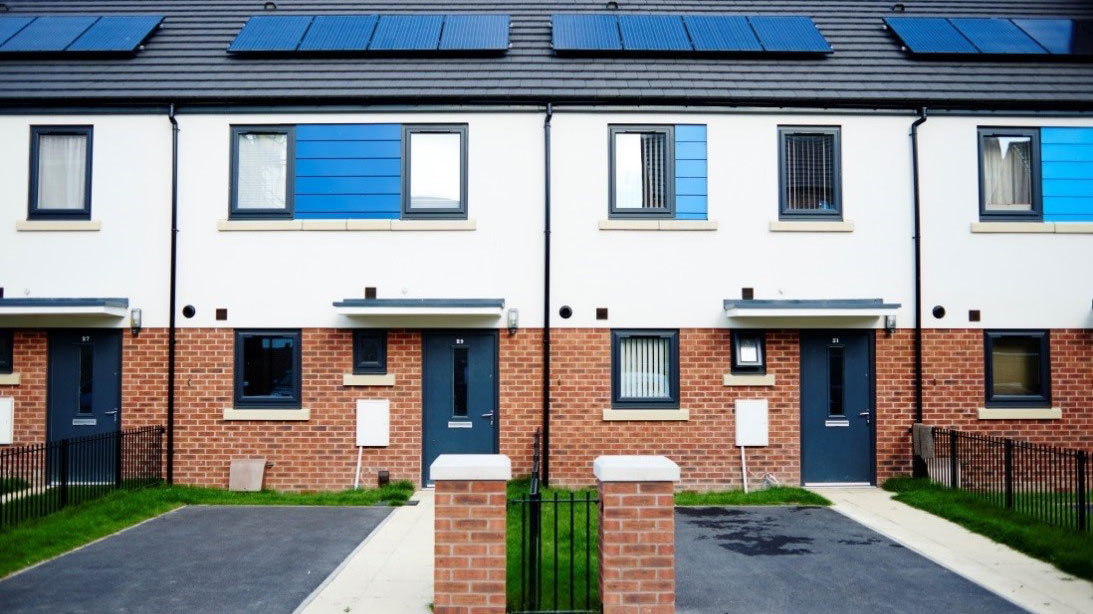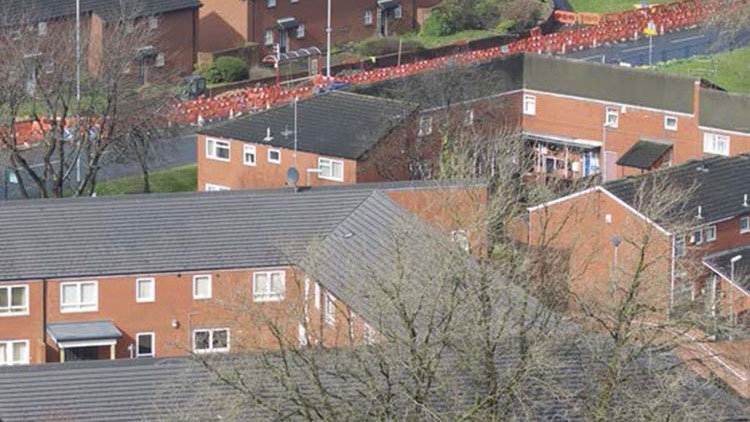
In the largest project of its kind in Europe, Tetra Tech’s planning consultants worked with ENGIE and Leeds City Council (LCC) to rejuvenate the communities of Beeston Hill, Little London, and Holbeck.
Our contribution to the £198m Leeds Housing Regeneration Project is an exemplar of planning excellence and has helped deliver sustainable regeneration and maximise opportunities to stimulate the local economy.

Creating and re-designing the built fabric on such a large scale resulted in significant planning, design and development construction challenges. The planning process itself has involved over 100 planning applications submitted over the course of eight years, and over 400 community engagement events.
We provided town planning, ecological, site investigation and transport planning services to realise the detailed masterplan underpinning the scheme. Our planning team began work in 2008, with on-site work running from 2013 to 2017 to deliver 388 new council homes and 1,295 refurbished homes across 21 inner-city sites.
Our expert project management was crucial to ensuring all consents and permissions were secured in line with the strict project programme. We coordinated and managed the technical team through the pre-application and post-submission process and worked closely with LCC officers as the proposals developed.
Creating sustainable communities
The project required planning involvement at site specific and more strategic levels but it was important to maintain a clear vision of the overarching project aims. While each planning application was considered on its own merit, we also took care to understand the impact on surrounding areas and maintain a consistent approach.
The regeneration of existing homes includes kitchens and bathrooms, electrical works and external wall insulation. Enhancements also extend to communal and environmental areas, including children’s play areas, landscaping, provision of secure boundaries, site waste management plans, and planning to promote safe movement.
Through improvements to energy efficiency, fuel costs and CO2 emissions have been significantly reduced with the refurbished homes projected to save over £300 annually per household on energy bills. Equally important social, economic, and environmental benefits have been spurred by improved safe access to open space and public transport, and better pedestrian and cycle connectivity within communities.
Inclusive Planning
Facilitating and encouraging inclusive, thriving and healthy communities was as important to the project as delivering the building refurbishments. Throughout the planning process, all members of the community were engaged in design workshops, residents’ meetings and other community consultation events to ensure their concerns and recommendations were recognised in the final proposals.
This project highlights the role and importance of planning professionals in project managing and coordinating multidisciplinary development teams to overcome challenges and facilitate development. A proactive approach to managing the planning process, meant planning decisions were made at a fast pace throughout the project and all stakeholders were kept informed and given avenues to influence the proposals.
The completed new and improved social housing, public spaces and community facilities are already making a real difference to the lives of local residents and bringing community cohesion to areas which have contended with high levels of social and economic deprivation.
Connect with us. Reach out to our experts.